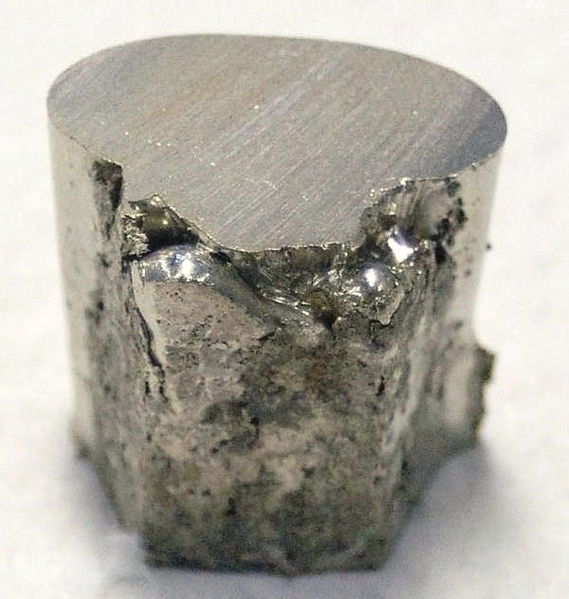Nickel: New scams on the London metal exchange require the use of innovative technologies

The London Metal Exchange and its infamous nickel contracts are once again in the spotlight. This time, the news has to do with reports of potential fraud surrounding a recent LME shipment of nickel. The investigation takes place following the discovery of nine shipments, for about 54 tons of nickel briquettes, which turned out to be composed only of worthless rocks.
The discovery occurred following a delivery made from the Access World warehouse in Rotterdam. At the time the nickel arrived at the warehouse, Glencore was in full ownership. However, a British Virgin Islands company called Global Capital Markets bought it almost immediately. Access World announced last week that "there is no indication that LME rules were not met when the material was warranted." However, it is clear from the result that something has gone very wrong.
According to Reuters, workers are expected to weigh and check deliveries upon arrival. If this had been done, a discrepancy should have been noted. However, Access World is making no further announcements while the investigation is ongoing. Another possible explanation is that someone replaced the delivered nickel with stones after delivery. Of course, this would be even more disturbing when you consider that it could happen in a tightly regulated and secure facility and that other stocks of minerals deposited at the LME could disappear.
The owners of the shipments are Trafigura in the US and Stratton Metals in the UK. Unfortunately, these traders are not the only ones experiencing nickel contract fraud. A recent Financial Times article describes how Mercuria Energy Group, a Geneva-based multinational trading company, bought 10,000 tonnes of blister copper from Turkish supplier Bietsan Bakir last summer for $36 million. However, when the cargo arrived in China, workers found the containers full of painted rocks.
Trafigura also accuses of systemic fraud in dealings with Indian businessman Prateek Gupta and his companies. The allegations were made following the discovery of forged documents relating to nickel containers from Gupta's company, but the case is currently still open.
According to some experts, blockchain technology could help eliminate the risk of fraud by creating an unalterable register of transactions with end-to-end encryption. However, this is not a bulletproof solution. For example, blockchain could significantly reduce fraudsters' ability to replace documentation while goods are in transit. This is potentially what happened in the Trafigura-Gupta case. However, the technology does nothing to prevent the real cargo from being stolen or replaced with a substitute. This is especially true if the scammers know how to assign the correct tracking to the fraudulent substitute or if they simply substitute a correct container load. This will continue to travel as a load of nickel or copper, despite being full of crap…
Nonetheless, if nothing else, the blockchain would allow the paper part to be certified, the documentation so necessary for the
It is clear that blockchain technology has the potential to reduce risk and increase the efficiency of global transactions, also facilitating the transaction with counterparties such as credit institutions. However, it is very difficult to update processes developed over hundreds of years and established traditions (as well as jobs). It won't be easy to change.

Thanks to our Telegram channel you can stay updated on the publication of new articles from Economic Scenarios.
The article Nickel: new scams on the London metal exchange require the use of innovative technologies comes from Scenari Economici .
This is a machine translation of a post published on Scenari Economici at the URL https://scenarieconomici.it/nickel-nuove-truffe-sulla-borsa-metalli-di-londra-richiedono-luso-di-tecnologie-innovative/ on Sat, 01 Apr 2023 10:31:37 +0000.
